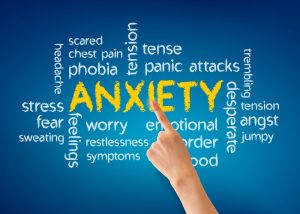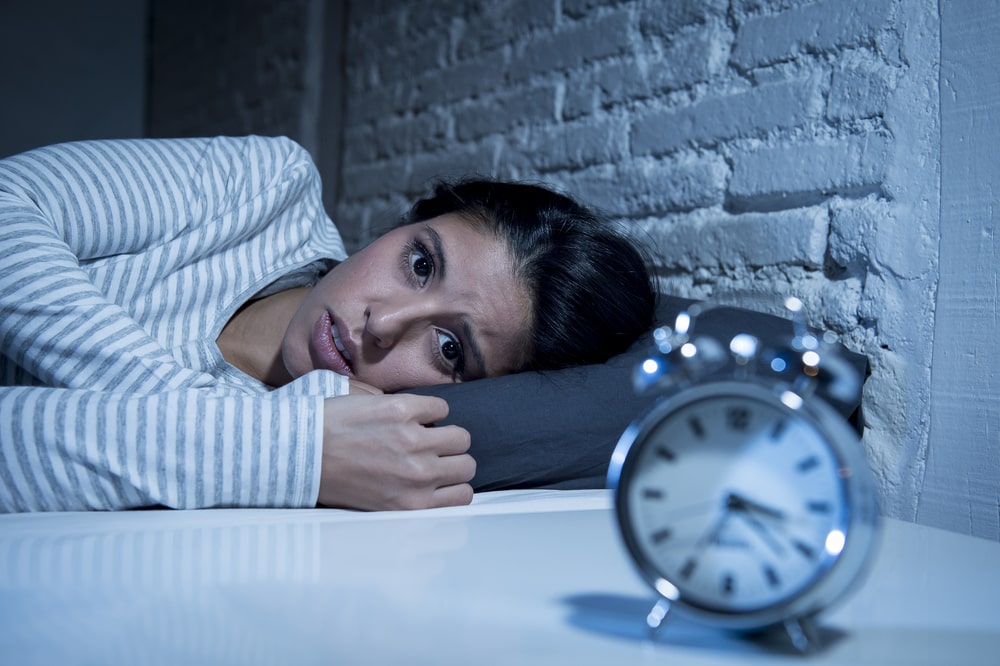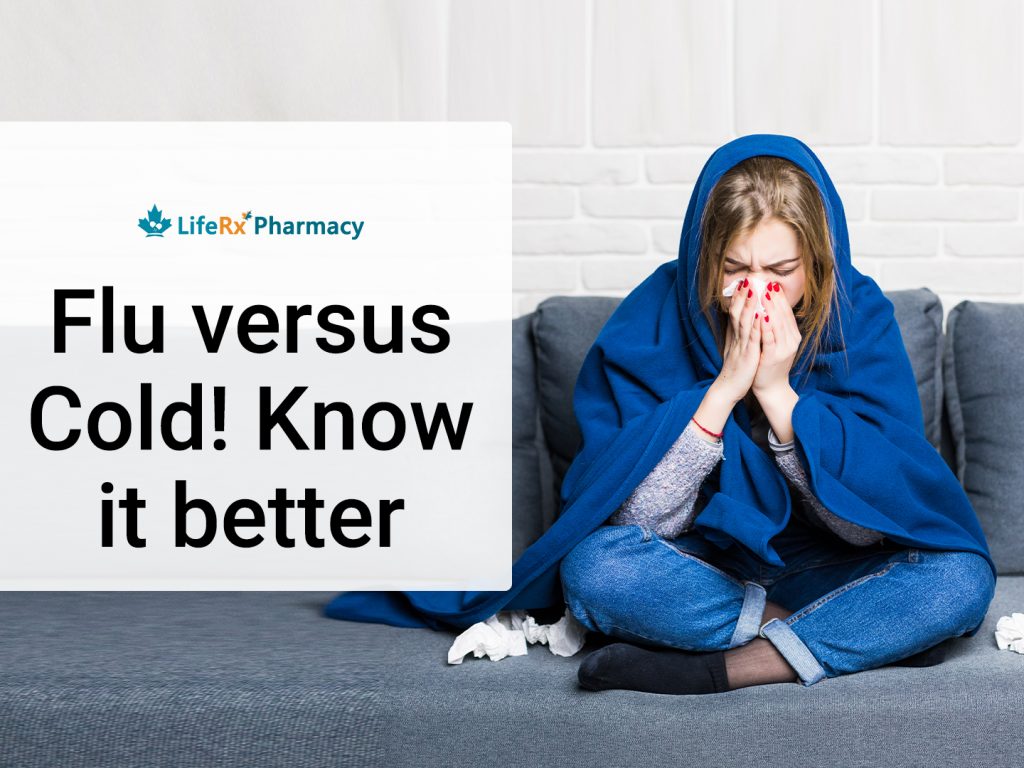Is anxiety genetic, as many people wonder. Although it appears that a variety of variables can put you at risk for anxiety disorders, research indicates that anxiety is, at least in part, inherited.
Anxiety is a general term for emotions like fear, concern, dread, jitteriness, or foreboding. To keep it simple is anxiety genetic or not everybody has these sensations occasionally, and feeling anxious can be adaptive and beneficial.
What Causes Anxiety?

There is always some or other debate among researchers regarding what causes anxiety disorders and is anxiety genetic or not. Although each anxiety illness has unique risk factors, The National Institute of Mental HealthTrusted reports that the following parameters increase your risk of developing an anxiety disorder:
- You’ve endured horrible events in your life.
- You suffer from a physical problem connected to anxiety, including thyroid issues.
- Your biological family may suffer from mental problems, including anxiety disorders.
- In other words, anxiety disorders can be brought on by environmental factors as well as genetics.
What are the anxiety symptoms?

Although anxiety is an emotion and not a mental ailment, numerous conditions fall under the umbrella of anxiety disorders. These consist of the following:
- Generalized anxiety disorder (GAD): Persistent anxiety in response to regular, everyday occurrences and circumstances
- Frequent, ongoing panic attacks are a symptom of panic disorder.
- Phobias: a severe aversion to a specific object or circumstance
- Extreme fear and anxiety about social situations are referred to as social anxiety disorder.
- A separation anxiety disorder is known as an extreme dread of losing the people you love or who are significant in your life.
Is Anxiety Genetic, it can be, but depending on your type of anxiety condition, there are different symptoms. The following are typical signs of anxiety disorders:
- Extreme anxiety
- Worry attacks
- Trouble focusing, memory issues
- Irritability
- Having trouble falling asleep and stiff muscles
How to get an Anxiety Diagnosis?

To receive an anxiety disorder diagnosis, you must consult a mental health expert, such as a psychiatrist, psychologist, licensed professional counselor (LPC), or social worker.
You’ll talk about your feelings, thoughts, and actions. Additionally, they will discuss your symptoms with you and contrast them with those described in the Diagnostic and Statistical Manual of Mental Disorders (DSM-5).
Anxiety Treatment:

Some of the treatments are:
- Therapy: People with anxiety disorders may benefit from therapy. You can learn practical skills and insights from therapy, which can help you explore your emotions and comprehend the effects of past experiences. Cognitive behavioral therapy (CBT), is one of the most popular treatments for anxiety. You learn to recognize and alter thought and behavioral patterns with CBT.
- Medications: Medication is another option for treating anxiety. There are numerous varieties of anxiety medications, and each has advantages and disadvantages of its own. You can also read how Cymbalta works for anxiety.
- Lifestyle changes: You can manage your anxiety by modifying your way of life. These modifications includes proper sleep, increase exercise, healthy diet, reduce stress etc.
Medication For Anxiety:
Some people find relief from the treatment when anxiety symptoms are clinically severe. Anxiety can occasionally be treated with antidepressants like selective serotonin reuptake inhibitors (SSRIs) or serotonin and norepinephrine reuptake inhibitors (SNRIs). Some medical professionals recommend benzodiazepines when patients experience severe anxiety symptoms.
Natural Anxiety Medication:

Anything that changes your body’s chemistry can have adverse side effects or, at the very least, may interact with other medications, alcoholic beverages, or foods. Natural remedies are safer than pharmaceutical drugs, but you need to use them with greater caution, the stronger they are. Is Anxiety Genetic, even if it is, but before utilizing any prescription anxiety medication, make sure to consult your doctor.
Three specific natural drugs have proven exceptional success at lowering the symptoms of anxiety,
- Kava: Kava is by far the most effective natural anxiety medication that is currently available. It’s a herb that has been successfully used for many years to treat anxiety, and studies have confirmed its benefits. It also possesses every attribute of a secure, natural medicine, including you can use it frequently without worrying about addiction because it is not addictive, there is no known adverse repercussion, you can use it as needed and there are no withdrawal symptoms as a result.
- Passionflower: A milder variant of kava, passionflower doesn’t appear to carry any of kava’s hazards. Some people think a passionflower is an excellent tool for reducing anxiety, while others think it’s a little too weak and only valid for routine maintenance.
- Valerian Root: Compared to kava and passionflower, Valeriana operates differently. Valerian functions somewhat more like a benzodiazepine. While it may not necessarily lessen anxiety per se, it can encourage relaxation, which helps reduce anxiety symptoms. If you have trouble falling asleep, valerian root can help. It can also be helpful if you attempt to unwind before bed but discover that your thoughts are racing.
Is Anxiety Genetic: Is anxiety inherited from mother or father?

People ask is anxiety genetic and, if so, from which parent. According to research, anxiety disorders are strongly influenced by genetics; relatives of someone diagnosed with an anxiety disorder are up to six times more likely to experience the same condition.
The odds of having anxiety increase multifold when either of the parents suffers or has experienced anxiety symptoms.
Is Anxiety Genetic, yes, it can be. Certain types of anxiety disorders are more prone to develop in first-degree relatives. Your first-degree relatives are four to six times more likely to encounter the same disorder if you have panic disorder, generalized anxiety disorder, phobias, or obsessive-compulsive disorder.
Additional associations between parents and kids and particular anxiety disorders have been found:
- A woman with a social anxiety disorder is 3.7 times more likely to have a social anxiety disorder pass to her child.
- A mother with a generalized anxiety disorder increases a child’s risk of developing the disorder by 3.5 times.
- Nearly three times as often, fathers with anxiety disorders have children with social anxiety disorder.
Dietary Changes For Anxiety:

Similar to the case that is anxiety genetic it’s also doubtful that your diet will make you more anxious. Those with anxiety which already have an anxiety disorder may benefit from dietary changes. While some foods have a reputation for nourishing the body and reducing discomfort, others are known to alter the body and maybe increase anxiety.
What you eat influences how you feel, and if you have anxiety, it influences how bad it is. It makes sense that modifying your diet to include more foods that lower anxiety while reducing meals that elevate it can be a helpful strategy for managing your anxiety symptoms.
Is Anxiety Genetic, even if its is, Here, we’ll explore several foods that can exacerbate anxiety symptoms as well as some that can assist in alleviating them.
You can start by avoiding foods that can aggravate your symptoms of anxiety. Limiting consumption of the following is advised:
- Fried Food: Fried meals have a low nutritional value, are difficult to digest, and aggravate heart problems. The strain they impose on your body as it tries to digest them can make you more agitated.
- Alcohol: It causes you to get dehydrated, disrupts the balance of your hormones and nutrition, and can result in physical symptoms from the toxins that cause anxiety episodes. In addition, many people claim that their anxiety levels rise after drinking.
- Coffee and other caffeine-containing substances: They are known to speed up heartbeats and produce various symptoms that can cause or resemble panic attacks.
- Dairy Goods: Although dairy products aren’t always harmful to you, consuming too much of them might raise your adrenaline levels and make you more agitated. Here, moderation is crucial; if you discover that ingesting dairy products makes you more anxious, reduce your intake.
- Added Sugars: Refined sugar added as a sweetener in food items stimulates your body in a way that can amplify anxiety symptoms by making you restless. The body is considerably safer and can tolerate naturally occurring sugars, such as those found in fruit, much better.
A better sense of well-being results from a proper diet, which promotes hormonal balance. Therefore, the likelihood that your anxiety will be less severe increases as your diet improves.
- Fresh Fruits: Your body requires sugar and carbohydrates, not processed sweets. Fresh fruit supplies essential nutrients and sugar that can be turned into energy. Peaches and blueberries may be very beneficial.
- Vegetable: Vegetables are undoubtedly considerably more crucial, particularly for people with anxiety. Vegetables are a good source of fiber and many vitamins that anxiety sufferers constantly deplete.
- Water: Many people routinely experience dehydration because they do not consume enough water. Dehydration almost usually results in anxiety. Thus it’s essential to drink adequate water routinely. You are already dehydrated if you experience thirst. Try to include drinking water in your daily routine, whether it is a glass before each meal or aiming to finish a bottle every two hours.
- Foods High in Tryptophan Tryptophan has a built-in calming effect and, as an extra benefit, may speed up your metabolism. Tryptophan is found in poultry, soy, oats, and sesame seeds in moderate amounts.
- Foods High in Magnesium Magnesium are inadequate in up to 25% of the population, even though it is necessary for over 300 bodily activities. Foods high in magnesium, such as black beans and tofu, are significant because it’s a necessary vitamin that few people obtain.
- The fatty acids omega-3: Although there is still much to learn about omega-3 fatty acids, there is some evidence that they may be related to anxiety symptoms. Winter squash, flaxseed, and salmon are good sources of omega-3 fatty acids.
Lifestyle Changes For Anxiety:

Is Anxiety Genetic, even if it is, Lifestyle modifications are basic but effective treatments for depression and anxiety and are crucial to a comprehensive treatment plan.
The following are changes to one’s way of life that may be helpful.
- Exercise: Exercise helps improve mood and lower depressive symptoms in numerous well-designed research. Regarding anxiety, numerous studies have discovered that participating in more physical activity, particularly mindful movement practices like yoga, tai chi, and qigong, improve anxiety symptoms. Exercise increases the body’s serotonin and endorphins, two neurotransmitters that lessen depression. But that only explains a portion of the benefits of exercise for depression.
- Healthy Eating: One of the body’s most metabolically active organs, the brain requires a constant supply of nutrients to function. Poor diets may lack the nutrients needed to make neurotransmitters, which can lead to anxiety or depressive symptoms.
- Proper and Complete Sleep: Poor sleep significantly impacts mood, partly because sleep replenishes the neurotransmitters necessary to support mood. So, to keep a healthy brain and decrease depression and anxiety, we need restorative sleep.
- Feelings and Thoughts: In addition to disrupting the body’s hormonal balance and depleting the brain chemicals necessary for sensations of happiness or calm, negative attitudes, and helpless and hopeless feelings can also negatively affect our immune system and other body systems.
- Specific mental exercises, like positive thinking or meditation, can alter how we perceive the environment and help us feel more at ease, resilient, and content. Other researchers have also discovered numerous positive attitudes that can lessen melancholy and anxiety, including those that emphasize forgiveness, appreciation, and kindness.
- Stress management: Depression and anxiety are exacerbated by excessive stress. Even in the face of stress, developing coping mechanisms to lessen the adverse effects of stress can help one feel in control and at ease.
FAQs:
Can anxiety be genetically inherited?
Anxiety disorders are strongly influenced by genetics. Relatives of someone diagnosed with an anxiety disorder are up to six times more likely to experience the same condition.
Can social anxiety be inherited?
Social anxiety is when people try to avoid social gatherings and meet up with new people. Studies suggest that a gene that creates a serotonin transporter in the brain is at least primarily responsible for social anxiety. Therefore, if such a gene is being transferred or inherited, it may lead to social anxiety.
Are panic attacks inherited?
Evidence suggests that panic attacks can occasionally run in families. There is evidence. However, panic attacks can start in otherwise healthy persons under some circumstances. There is a possibility that someone who suffers from panic attacks got the disorder inherited. If a family member has a panic condition, there is a 40% chance that they will also.
Is anxiety and depression inherited?
Your genetics may influence your risk of developing depression or anxiety. You are more likely to develop one of these conditions if someone in your family suffers from one or both.
If depression and anxiety run in your elderly family members may still be inherited traits. If a close relative suffers from anxiety or depression, you are more likely to inherit that predisposition than if the relative is further away. Hope, you have understood Is Anxiety Genetic.
Can Agoraphobia be inherited?
Agoraphobia is the dread of having panic episodes in situations where escaping is challenging. Children may worry about being left alone or lost in a crowd, but they do not entirely comprehend panic episodes and do not fear them. Agoraphobia may run in families; parents can pass on agoraphobia to their children. It usually doesn’t completely manifest until late adolescence or early adulthood.
Is OCD hereditary genetic?
A person with the obsessive-compulsive disorder experiences obsessive thoughts and engages in repeating compulsive actions throughout their entire lives. Evidence indicates that genetic, physiological, and environmental variables may all play a part to cause OCD. Research shows that obsessive-compulsive disorder runs in families, suggesting that genetics may be involved in its onset. In actuality, those who have a parent or sibling with OCD run a much higher risk of contracting the condition.
Is GAD genetic?
Generalized anxiety disorders include social anxiety and panic disorders linked to specific genes. Depending on your heredity, you may be more or less likely to acquire GAD. A person may be genetically predisposed to experiencing particular symptoms, as with numerous other mental and physical health disorders.
Is Anxiety Genetic?
Simply understanding anxiety is partially inherited. There are potential environmental and other factors which may cause anxiety but the chances of having anxiety multifold when either of the parents, siblings or relatives suffer from the same. There is likelihood of anxiety being inherited genetically.


